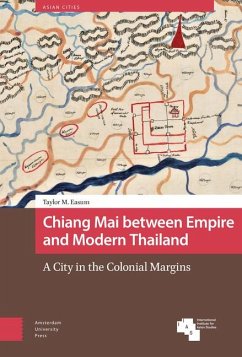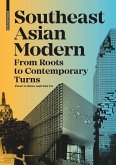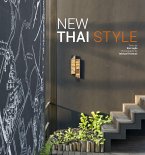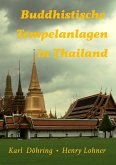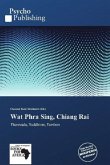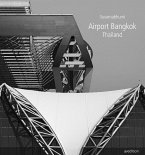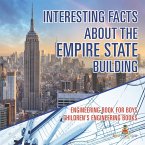"Urban histories tend to be dominated by large, global cities. But what does the history of the modern, colonial era look like from the perspective of smaller cities? By shifting the focus from the metropolis to the secondary city of Chiang Mai, this study provides an alternative narrative of the formation of the modern Thai state that highlights the overlap between European, American, and Siamese interests. Through a detailed analysis of Chiang Mai's urban space, the power dynamics that shaped the city come into focus as an urban-scale manifestation of colonial forces-albeit an incomplete one that allowed sacred space to become a source of conflict that was only resolved in the years before WWII. Today, as the city confronts the challenge of overdevelopment, the legacy of the colonial era, and the opportunity of heritage preservation, this deep, multi-layered history of the power of (and over) urban space is vital."--Publisher information.
Hinweis: Dieser Artikel kann nur an eine deutsche Lieferadresse ausgeliefert werden.
Hinweis: Dieser Artikel kann nur an eine deutsche Lieferadresse ausgeliefert werden.

